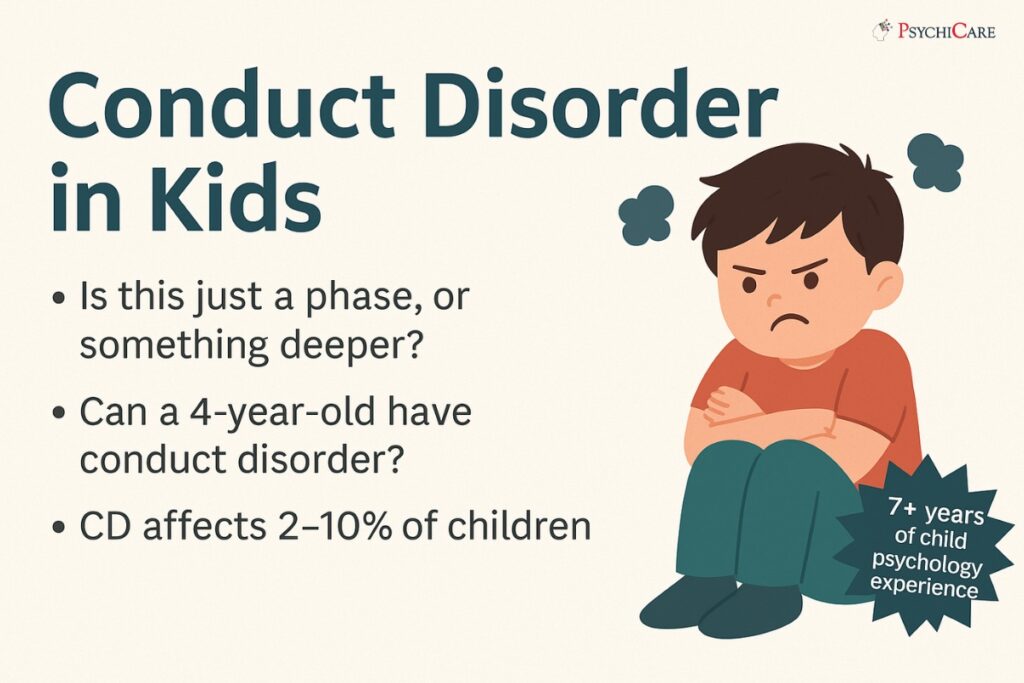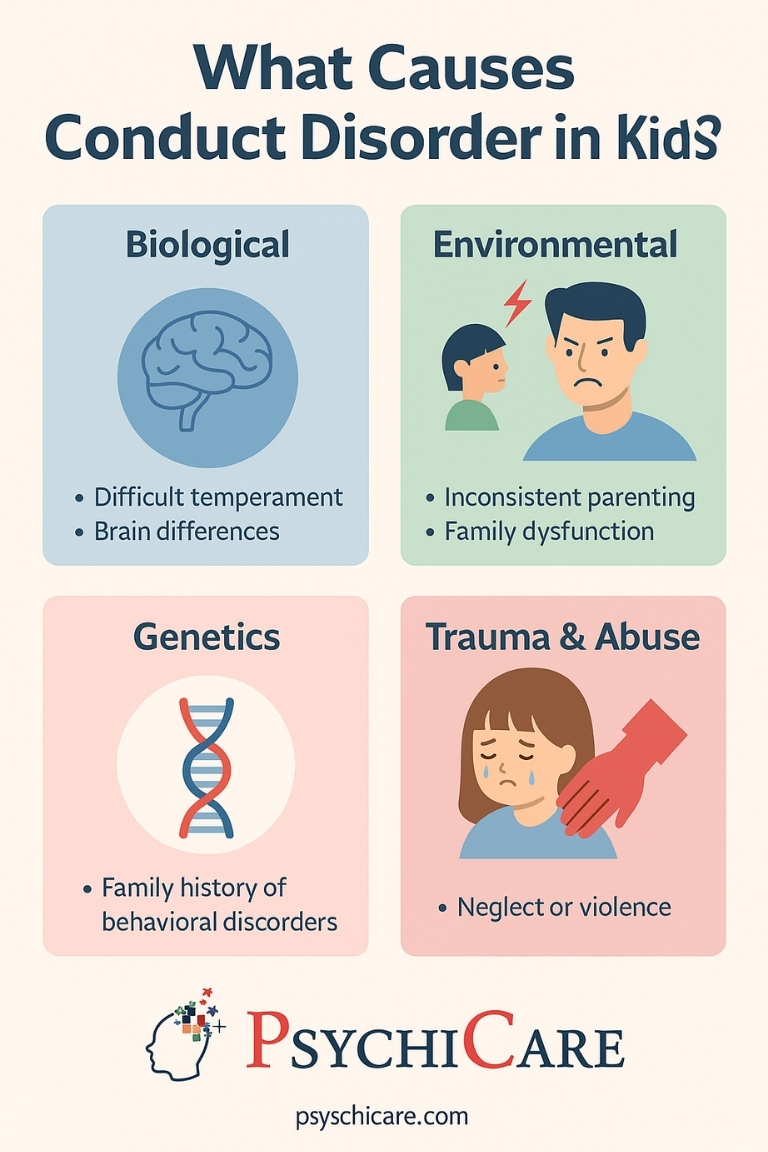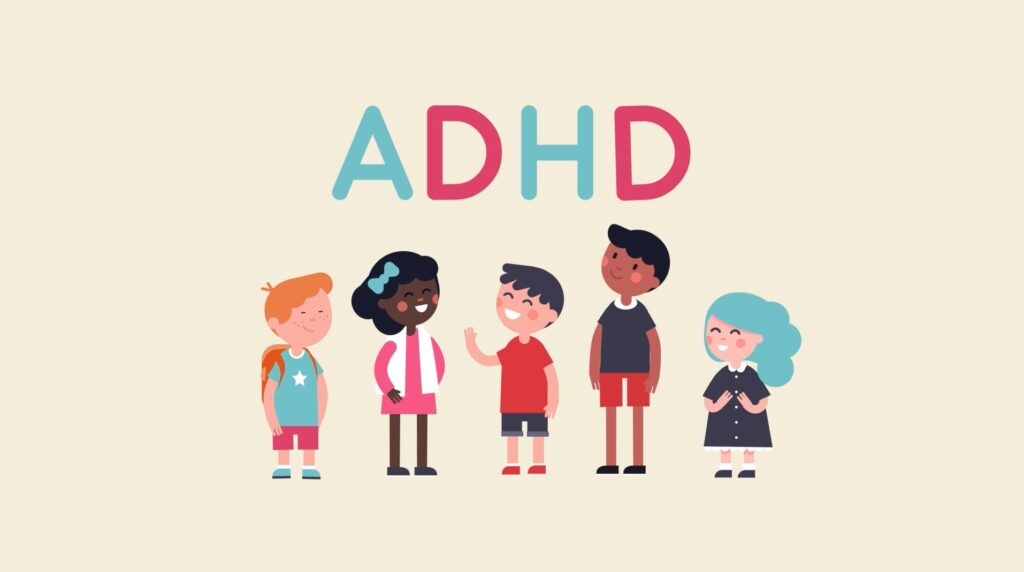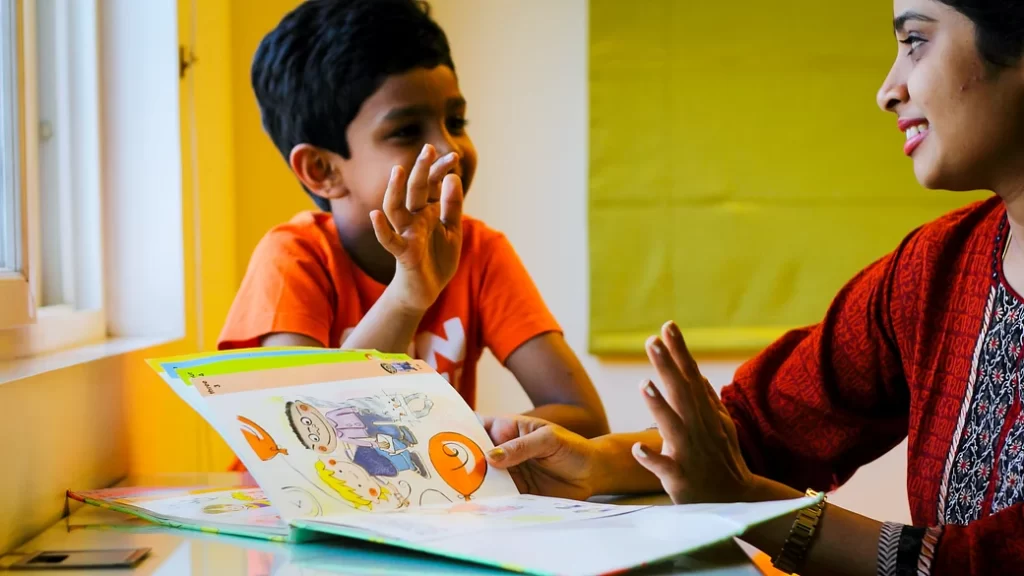Is your 4-year-old hitting, lying, or showing zero guilt after hurting others?
Do you feel like nothing, no time-outs, no rewards seem to work?
You’re not just dealing with a strong-willed child. In some cases, these can be early signs of conduct disorder.
It’s rare, but yes, even preschoolers can show serious behavioural red flags. Around 2 to 10 per cent of children may have conduct disorder, but many go undiagnosed for years.
As a child psychologist, I’ve seen how early help can change everything. Let’s talk about what’s normal, what’s not, and when it’s time to take that gut feeling seriously.
What Is Conduct Disorder in Young Children?
Conduct disorder is more than just bad behaviour. It’s a mental health condition where a child repeatedly breaks rules, hurts others, and shows little or no remorse. It often involves aggression, defiance, destruction of property, or serious lying, and it’s persistent, not just occasional.
In children under 10, this is called “childhood-onset conduct disorder”. It’s less common in preschoolers, but when it appears, the behaviours are usually more intense and long-lasting.
DSM-5 Criteria (Simplified for Parents)
To be diagnosed, a child must show at least three or more of the following behaviours over 12 months, with one happening in the past six months:
- Bullies, threatens, or intimidates others
- Physically fights or harms animals
- Destroys property on purpose
- Lies to manipulate or steal
- Breaks serious rules (e.g., running away, skipping school)
And these behaviours aren’t just occasional, they’re frequent, extreme, and harmful to others.
How It’s Different from “Just Acting Out”
All kids misbehave. But with conduct disorder:
- There’s no guilt after hurting someone
- The child enjoys breaking rules
- It escalates even with consistent parenting
- It affects school, home, and social life
This isn’t about bad parenting. It’s a pattern that needs professional attention, and early intervention can make a huge difference.
Early Signs of Conduct Disorder by Age
Not all signs look the same at every stage. Conduct disorder can start early, often in subtle but worrying ways. Here’s what to look for at different ages:
Toddlers and Preschoolers (3–5 years)
- Aggressive hitting, kicking, or biting beyond normal tantrums
- Intentionally hurting animals or smaller children
- Destroying toys or property on purpose
- Showing no guilt after causing harm
- Frequent, explosive outbursts that don’t respond to discipline
Many parents at this stage wonder, “Isn’t this just typical toddler behaviour?”
The difference is intensity, frequency, and lack of empathy.
School-Age Children (6–12 years)
- Repeated lying or stealing
- Bullying peers, physically or emotionally
- Running away from home or skipping school
- Open defiance toward rules and authority
- Blaming others, refusing to take responsibility
These kids often get labelled as “troublemakers,” but punishment without proper diagnosis rarely helps. In fact, it can make things worse.
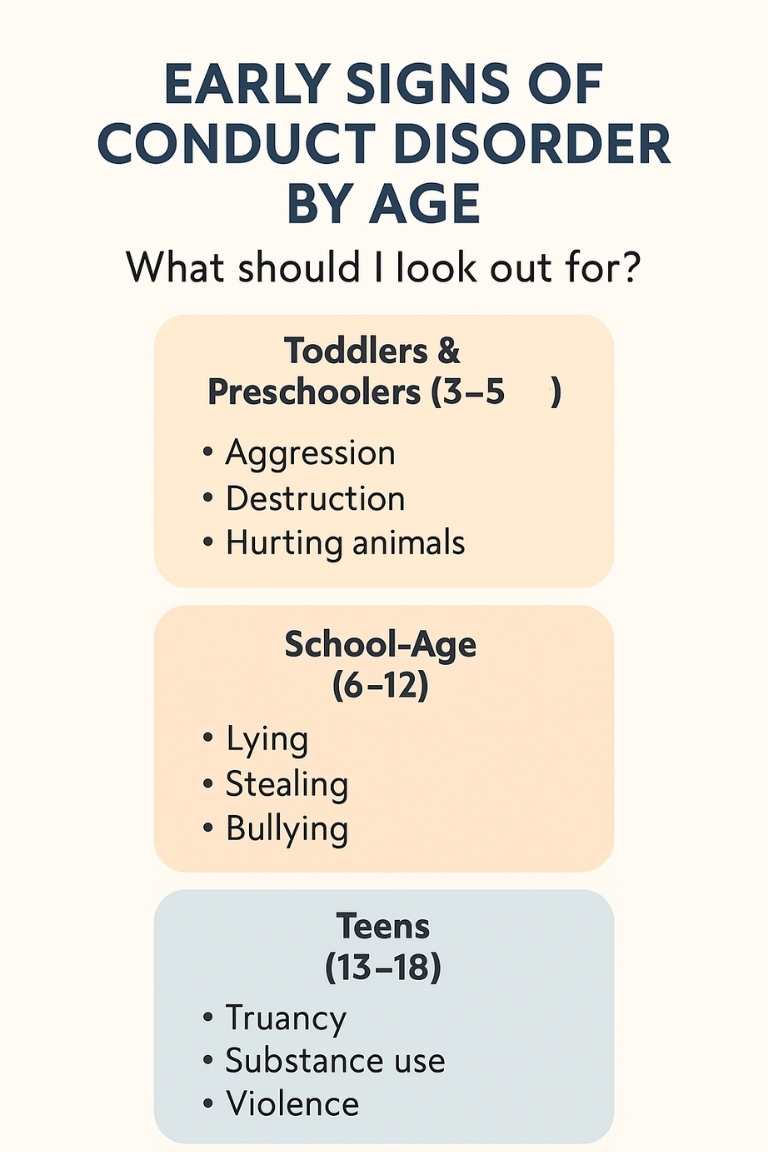
Teens (13–18 years)
- Vandalism or breaking the law
- Substance use
- Fighting in school or outside
- Manipulating others without remorse
- Growing indifference to consequences
By this stage, the disorder becomes harder to treat, especially if it wasn’t addressed early. That’s why preschool signs matter, they’re the best window for change.
Conduct Disorder vs Oppositional Defiant Disorder (ODD): What’s the Difference?
Parents often confuse conduct disorder with oppositional defiant disorder (ODD), and that’s completely understandable. Both involve defiance and anger. But there’s one key difference: ODD doesn’t involve serious harm to others.
Here’s a clear breakdown:
| Feature | Oppositional Defiant Disorder (ODD) | Conduct Disorder (CD) |
| Anger & Defiance | Frequent | Frequent |
| Aggression | Verbal or emotional | Physical and severe |
| Harming Others | Rare | Common (people or animals) |
| Breaking Rules | Mild (arguing, refusing) | Serious (theft, vandalism) |
| Remorse | Usually feels bad after | Often shows no guilt |
| Risk Level | Less likely to lead to legal or school trouble | Higher risk of police or school involvement |
A child with ODD may argue, scream, or refuse to follow instructions, but they usually care about how their actions affect others. A child with conduct disorder, on the other hand, may laugh after hurting someone or destroy things on purpose, and feel nothing.

Why This Matters
Mislabeling conduct disorder as ODD can delay the right treatment. Conduct disorder needs more structured support, including therapy that addresses empathy, impulse control, and behaviour patterns early on.
What Causes Conduct Disorder in Young Children?
There’s no single reason why a child develops conduct disorder. It’s usually a mix of how their brain works, what they’ve been through, and the world around them.
Here’s what research and real life tell us:
1. Brain and Biology
- Some kids are born more aggressive or impulsive than others.
- Brain scans show that children with conduct disorder may have trouble controlling emotions or feeling empathy.
- If someone in the family has a history of mental illness, conduct issues, or addiction, the risk is higher.
Life Experiences
- Abuse, neglect, or family violence in early childhood are big risk factors.
- Living in a home with constant fights or unpredictable rules can make kids feel unsafe and act out.
- Being bullied, isolated, or rejected at school can push some kids toward aggressive behaviour.
Parenting Style
Let’s be clear: you didn’t cause this. But parenting can make things better or worse.
What makes it harder:
- Harsh punishments or yelling all the time
- No clear rules or follow-through
- Letting aggressive behaviour go unchecked because you’re too tired or scared
What helps:
- Consistent routines
- Calm responses, even during meltdowns
- Clear limits, with love and structure
Parenting a Child with Conduct Disorder
Parenting a child with conduct disorder isn’t about being strict or soft. It’s about being calm, clear, and consistent, even when it feels impossible.
These kids often push every limit, and typical discipline usually doesn’t work. But with the right tools, change is possible.
What Actually Helps
Set firm, simple rules
Too many rules overwhelm. Choose 3–5 non-negotiables (like “No hitting,” “Use kind words,” “Clean up after play”) and stick to them.
Follow through every time
If a rule is broken, calmly apply a consequence. No yelling, no begging. Just action.
Stay calm when they explode
Reacting with anger adds fuel. Your calm is their safety signal even when they’re out of control.
Praise the small wins
Kids with CD hear “No” all day. Catch them doing the right thing, even if it’s small:
“Thanks for putting your shoes away.”
“I noticed you didn’t yell just now. That’s great.”
Avoid power struggles
Don’t argue. Don’t lecture. If they’re pushing your buttons, step away, not in.
What Doesn’t Work
- Yelling or physical punishment
- Constant threats with no follow-through
- Giving in just to avoid a meltdown
- Ignoring dangerous behaviour, hoping it’ll pass
When to Worry: Getting a Diagnosis
Every child misbehaves sometimes. So, how do you know if it’s conduct disorder, or just a rough phase?
The key is pattern and severity. If the behaviour is frequent, harmful, and not improving with discipline, it’s time to take a closer look.
Signs It Might Be More Than Just “Acting Out”
- Your child hurts others and doesn’t seem to care
- You’ve tried everything, and nothing works
- Teachers or caregivers are also concerned
- The behaviour is getting worse over time
- Your child is lying, stealing, or destroying things regularly
If any of this sounds familiar, an evaluation can help you understand what’s really going on.
How Conduct Disorder Is Diagnosed
A mental health professional may use:
- Behaviour checklists filled out by parents and teachers
- Interviews and observation of the child
- Reports from school about aggression, suspensions, or rule-breaking
- A review of family history, trauma, or other emotional issues
They’ll compare your child’s behaviour to criteria from the DSM-5 (a clinical guide used by psychologists and psychiatrists). To be diagnosed, the child must show a pattern of at least 3 serious behaviours (like aggression, cruelty, theft, or destruction) over 12 months.
Treatment That Helps
If your child has conduct disorder, there is help. With the right treatment, kids can learn better ways to handle emotions, build trust, and reconnect with others.
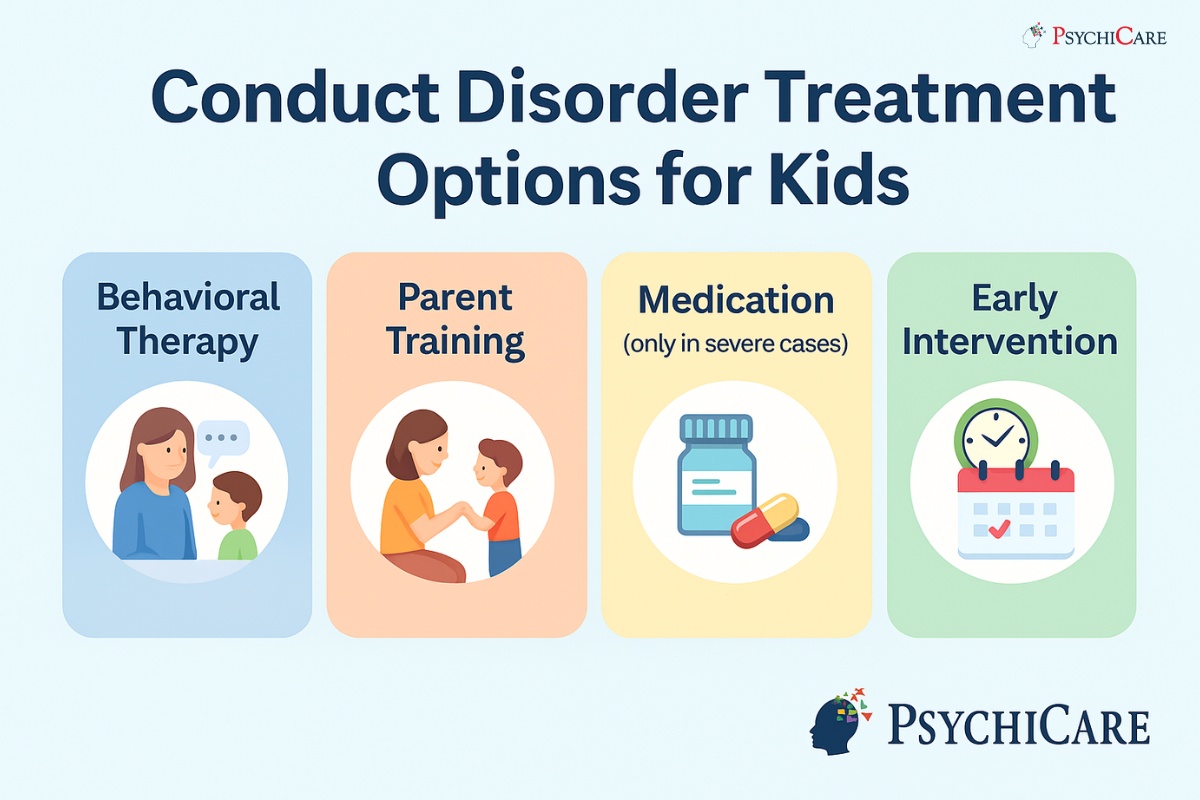
The earlier you start, the better the outcomes.
- Therapy Works Best
The most effective treatments focus on both the child and the family.
Parent Management Training (PMT)
Teaches parents how to respond to behaviour in consistent, calm, and clear ways. It’s one of the best tools for conduct disorder.
Cognitive Behavioural Therapy (CBT)
Helps the child learn how to:
- Recognize triggers
- Control impulses
- Think before acting
It also helps build empathy and problem-solving skills.
School Support
Special programs in school can provide structure and social skills training. Many kids with CD also have learning or attention issues that need to be addressed.
- Medication (Sometimes)
Medication isn’t the first choice, but it may help in severe cases, especially if the child also has:
- ADHD
- Mood disorders
- Aggression that puts others at risk
This should always be part of a larger treatment plan, not a quick fix.
- The Power of Early Intervention
Waiting only makes the behaviour harder to treat. Kids don’t “grow out of” conduct disorder without support. But they can grow with the right tools, safety, and care.
Even small changes in behaviour can lead to big shifts in family life.
If your child’s behaviour feels extreme, unsafe, or beyond your control, early intervention truly matters. At PsychiCare, our expert child psychologists offer trusted online therapy in cities across India, including Delhi, Mumbai, Bangalore, Chennai, Pune, Hyderabad, Kolkata, and Coimbatore. We also support families globally with therapy access in Singapore, Canada, and the Netherlands.
For more detailed clinical information, you can also refer to the AACAP’s Conduct Disorder Resource Centre, a trusted guide from the American Academy of Child and Adolescent Psychiatry.
FAQs About Conduct Disorder in Kids
What is conduct disorder in kids?
Conduct disorder in kids is a mental health condition where a child shows repeated patterns of aggressive, harmful, or rule-breaking behaviour. It often includes hitting, lying, stealing, or cruelty to others.
Does my child have conduct disorder?
A child may have conduct disorder if they frequently hurt others, break rules, show no guilt, and don’t respond to discipline. A diagnosis can only be made by a mental health professional.
Can a 4-year-old have conduct disorder?
Yes, a 4-year-old can have conduct disorder, though it’s uncommon. Early signs may include severe aggression, destruction of property, and a lack of remorse.
Can a 5-year-old have conduct disorder?
Yes, children as young as five can be diagnosed with conduct disorder if their behaviour is extreme, persistent, and harmful to others.
How does a child get conduct disorder?
Conduct disorder can develop due to a mix of brain differences, genetics, trauma, parenting challenges, and environmental stress. No single cause is responsible.
Is conduct disorder real?
Yes, conduct disorder is a real and clinically recognised mental health condition listed in the DSM-5.
Is conduct disorder common?
Conduct disorder affects about 2 to 10 percent of children and teens, with boys being more commonly diagnosed.
Is conduct disorder bad?
Conduct disorder is serious but treatable. It doesn’t mean a child is “bad,” but untreated symptoms can lead to long-term problems without support.
Is conduct disorder a psychiatric disorder?
Yes, conduct disorder is classified as a psychiatric disorder that affects a child’s emotions, behaviour, and social functioning.
Is conduct disorder a psychological disorder?
Yes, conduct disorder is both a psychological and psychiatric disorder that involves emotional and behavioural problems in children and adolescents.
What type of disorder is conduct disorder?
Conduct disorder is a disruptive behaviour disorder that involves ongoing patterns of aggression, defiance, and violation of rules or others’ rights.
What is conduct disorder in a child?
Conduct disorder in a child is a condition where ongoing aggressive or destructive behaviour causes serious problems at home, school, or with peers.
What is conduct disorder in childhood?
Conduct disorder in childhood refers to early-onset symptoms such as lying, bullying, and physical aggression that start before age 10.
What is conduct disorder in adolescence?
Conduct disorder in adolescence usually begins after age 10 and includes more serious behaviours like fighting, vandalism, or substance use.
What conduct disorder symptoms should I watch for?
Common symptoms of conduct disorder include aggression, lying, stealing, breaking rules, and showing no remorse for hurtful behaviour.
